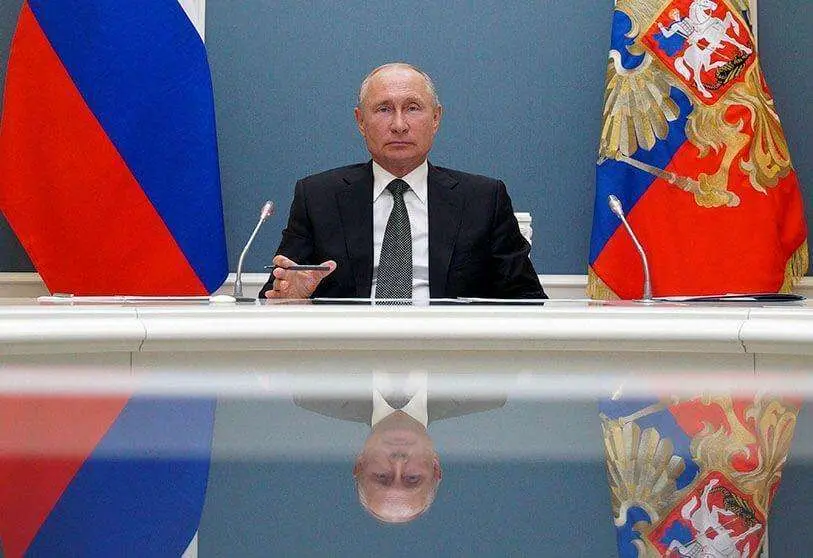Russia, Armenia and Azerbaijan restore transport in the Nagorno-Karabakh region

Russia, Armenia and Azerbaijan have sat down for the first time since last year's war in the Caucasus and agreed to take joint action to restore transport in the Nagorno-Karabakh region. The leaders of the three countries issued a statement on the measures after the summit in Moscow on Monday, according to the Xinhua news agency.
Russian President Vladimir Putin received Armenian Prime Minister Nikol Pashinyan and Azerbaijani President Ilham Aliyey in Moscow for a four-hour meeting. Following the talks they made a joint press appearance in which it was mentioned that the agreement dealt with four points. The aim will be to draw up a list of projects to begin working together to "unblock" the region's borders.
Before the meeting, Pashinyan spokesman Mane Gevorgyan said that other projects were also being discussed, such as those aimed at allowing Armenia to transit through Nakhchivan to Iran. In addition, it could use the existing railway through Nakhchivan that, during the Soviet era, connected Yerevan with southern Armenia.
The communiqué stated that the three countries would establish a trilateral working group co-chaired by their deputy prime ministers. This will ensure the unblocking of all economic and transport connections in the Nagorno-Karabakh region. This is part of the fourth ceasefire agreement between Armenia and Azerbaijan reached on 9 November 2020.
The first meeting of the working group will take place before 30 January to draw up a list of key areas of work, with rail and road connections as a priority. Sub-groups of experts will be established to identify projects with the necessary resources and activities for their implementation.
One month after the meeting, on 1 March, projects will be presented to the management of the three countries for approval.
The new projects would dramatically reshape the region as Armenia's borders with Azerbaijan and Turkey have been completely closed since the first war between the two in the 1990s. Armenia has open borders with Georgia to the north and Iran to the south.
Aliyev adopted an optimistic approach after the meeting while Pashinyan took a darker tone. The former said the conflict was over and the latter disagreed with the satisfaction of the other two parties to the proposed agreement.
Russia had previously negotiated two ceasefires with both sides on 10 and 17 October and the United States on 26 October also attempted to negotiate another, but all three collapsed after Armenia and Azerbaijan exchanged accusations and attacks.
The war between Germany and Azerbaijan over the Nagorno-Karabakh region broke out in 1988-94 with a ceasefire agreement, but no final agreement was ever reached. On 27 September 2020 they again went to war over the region, which has been internationally recognised as part of Azerbaijan but governed mainly by the Republic of Artsaj, an independent de facto state with an Armenian ethnic majority.










